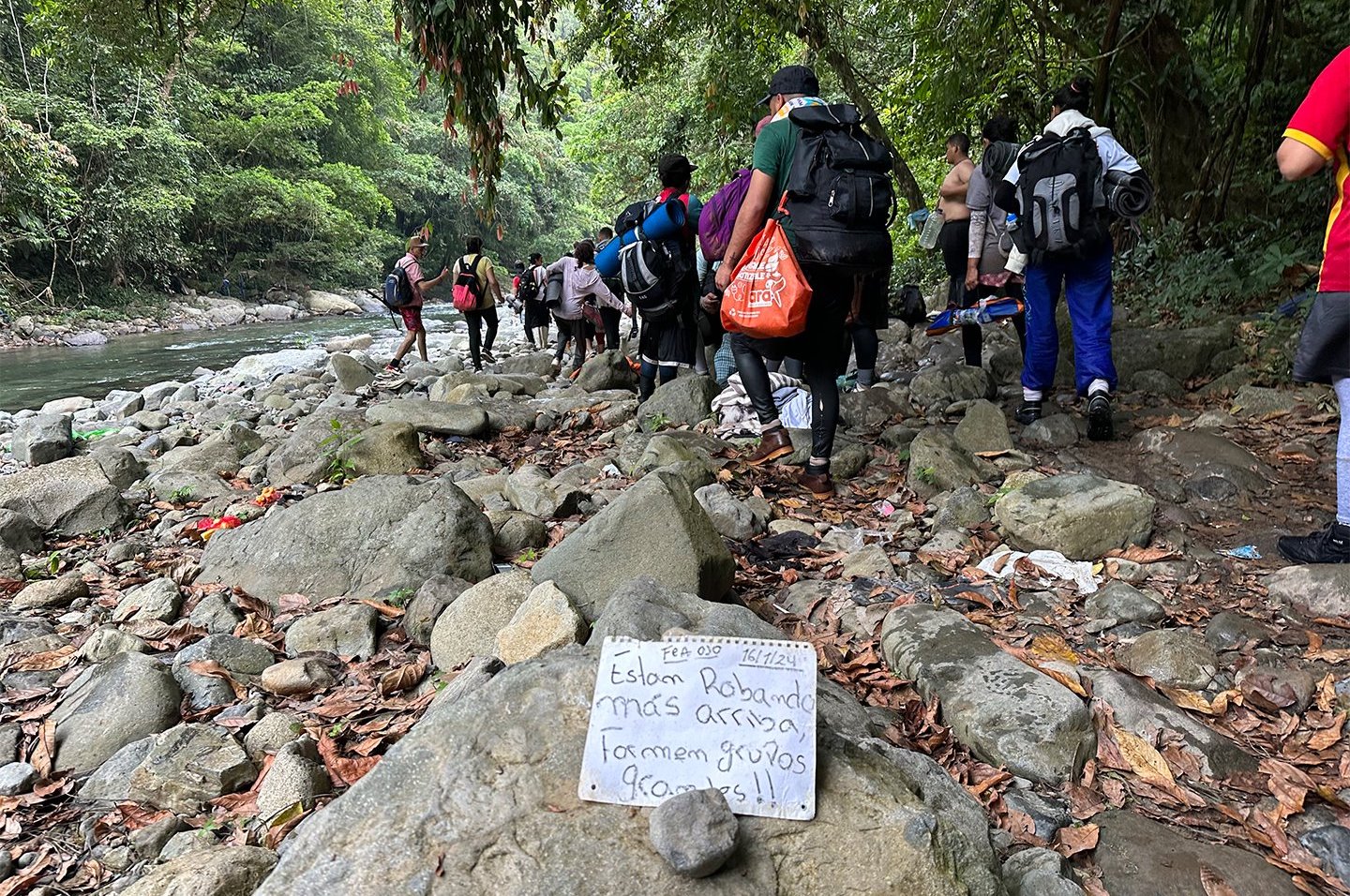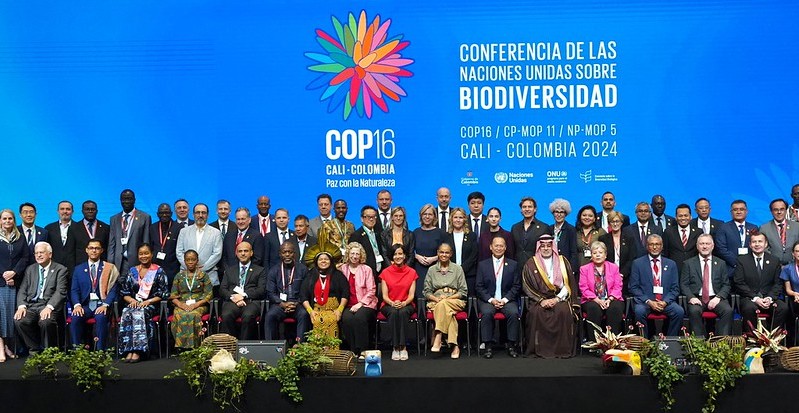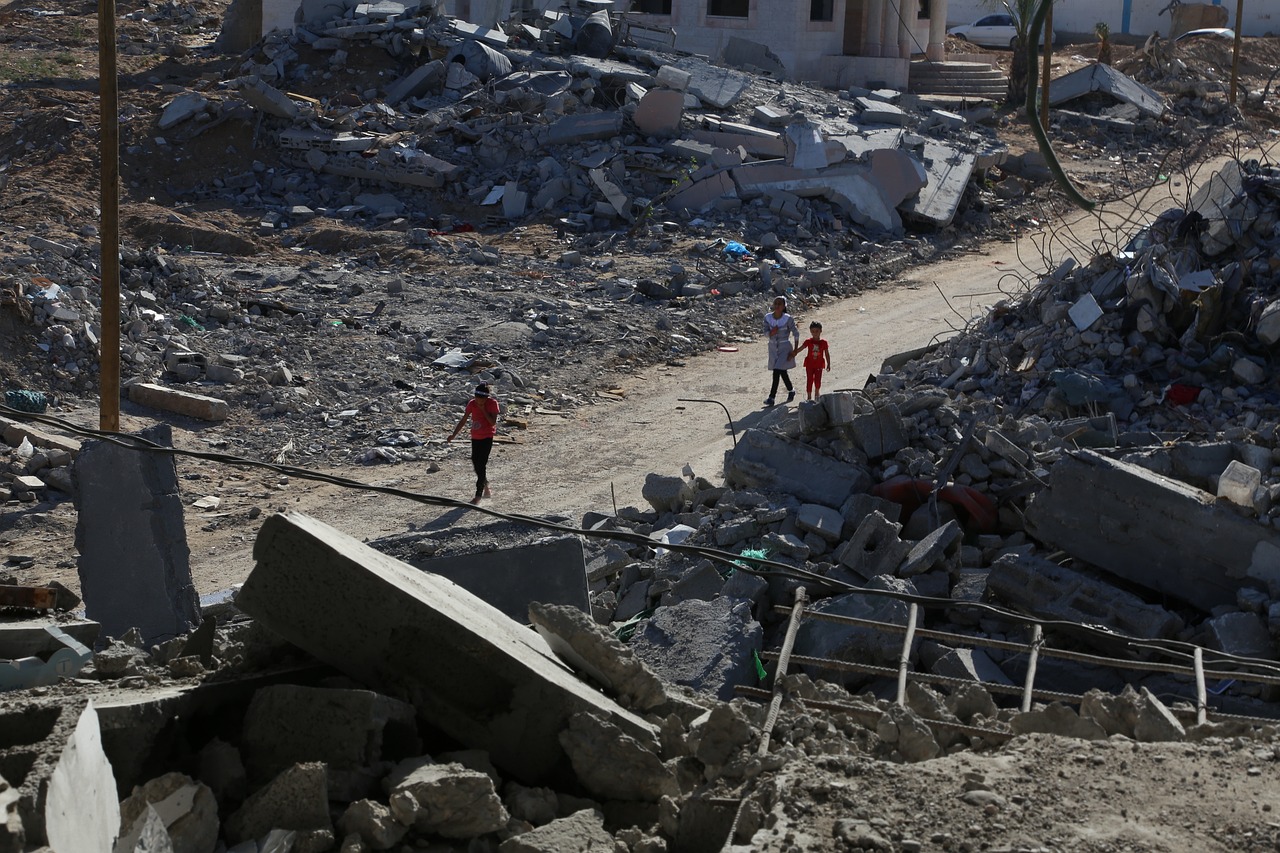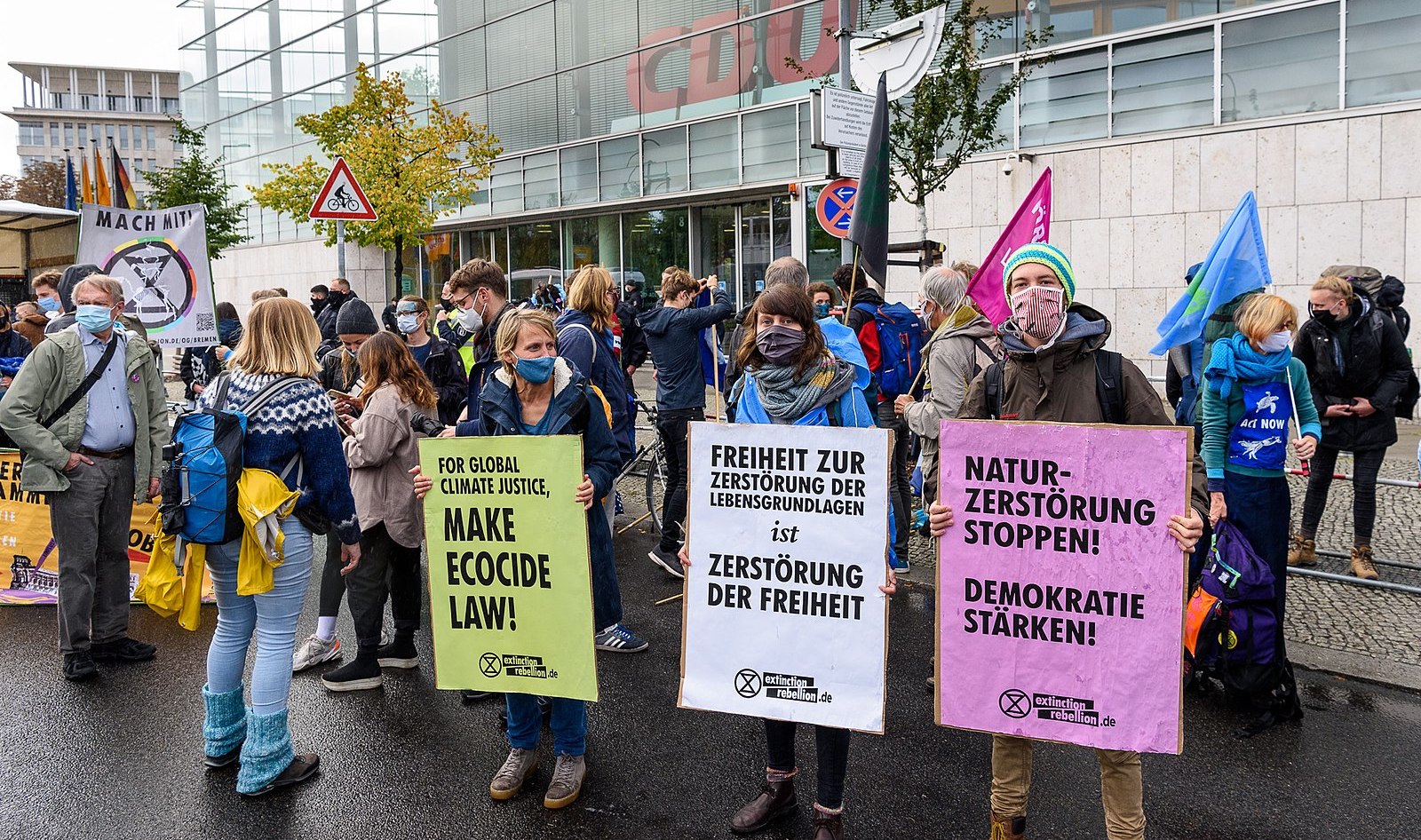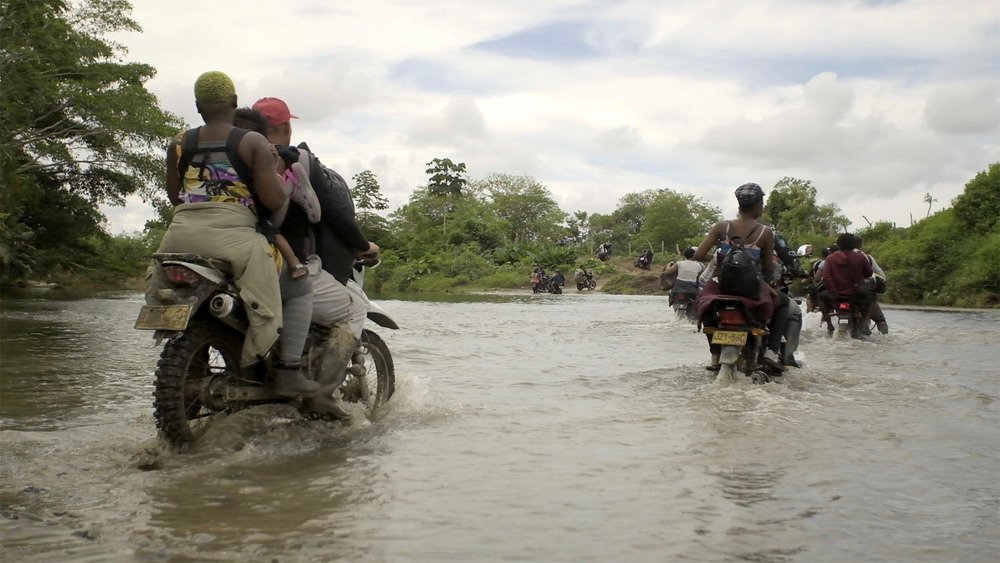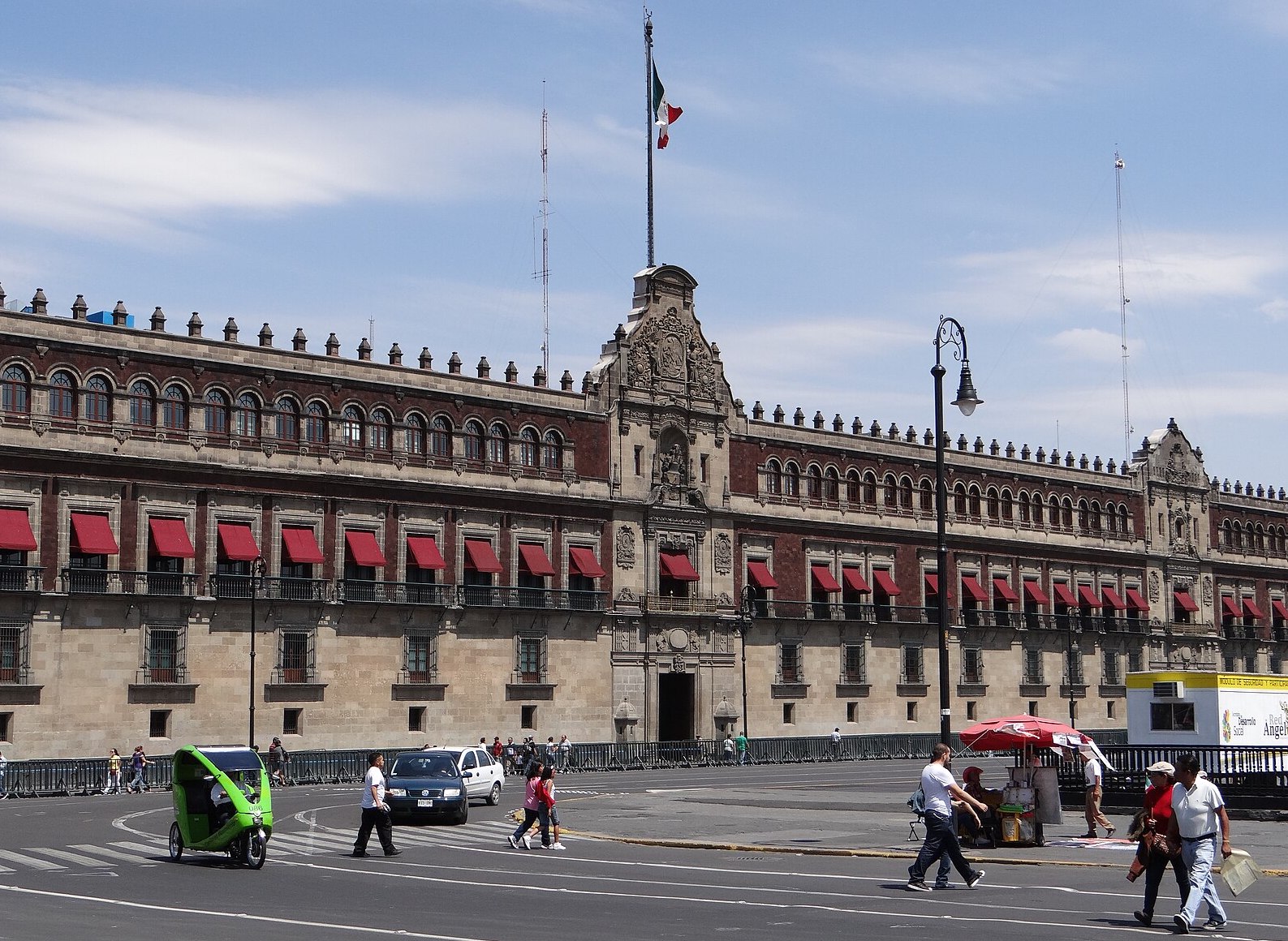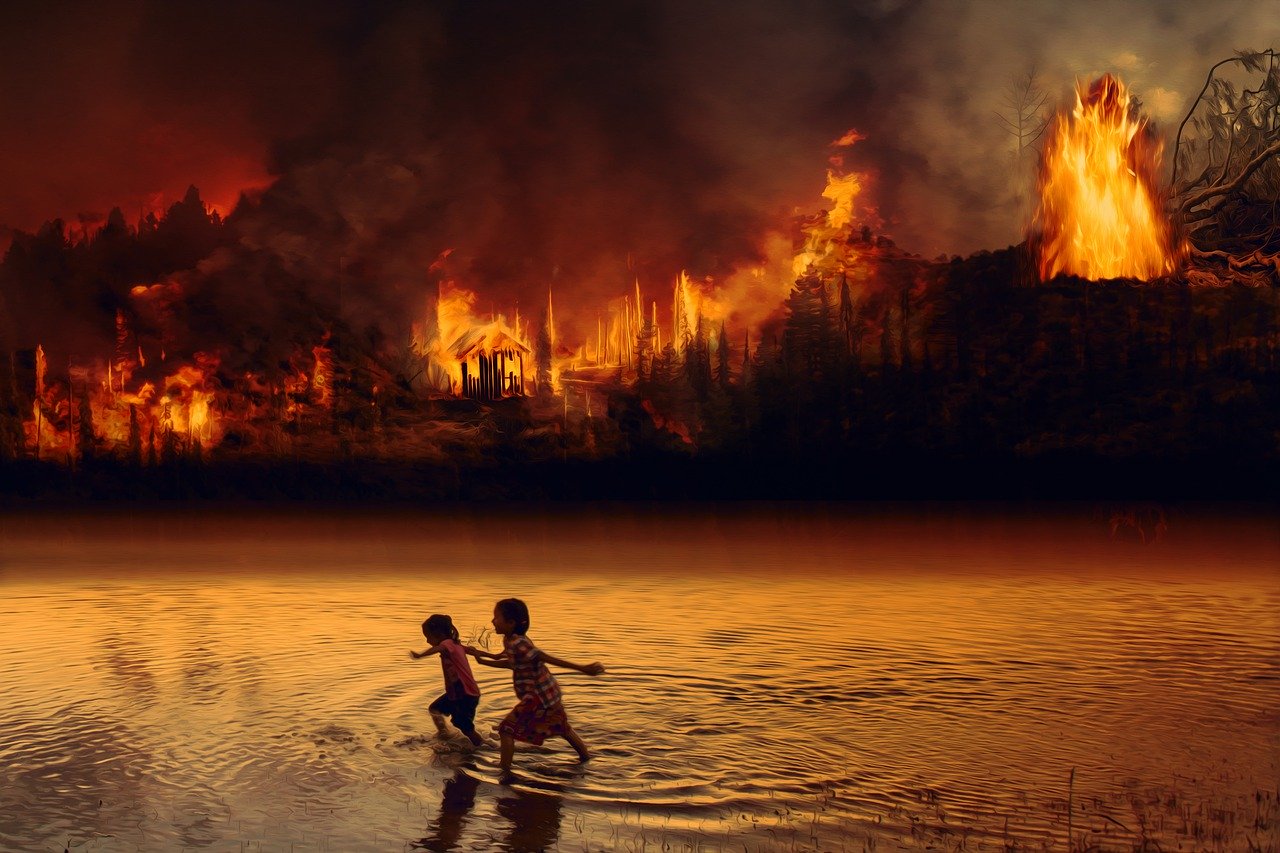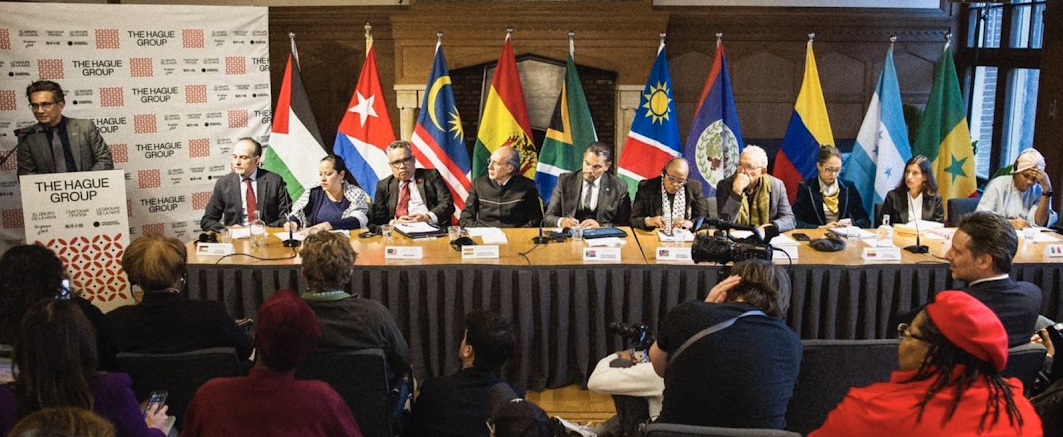
Hague Group demands UN action on Gaza ‘genocide’
A coalition of independent UN human rights experts called on additional states to join the Hague Group, warning that the credibility of the international legal system is at risk due to inaction over Israel’s ongoing violations in the occupied Palestinian territories. Earlier this year, delegates from nine nations (including South Africa, Malaysia, Colombia and Bolivia) formed the Hague Group, responding to the failure of the broader international community to halt Israel’s military actions and crimes against Palestinians in the occupied territories, including that of “genocide.” (Photo: Hague Group)



